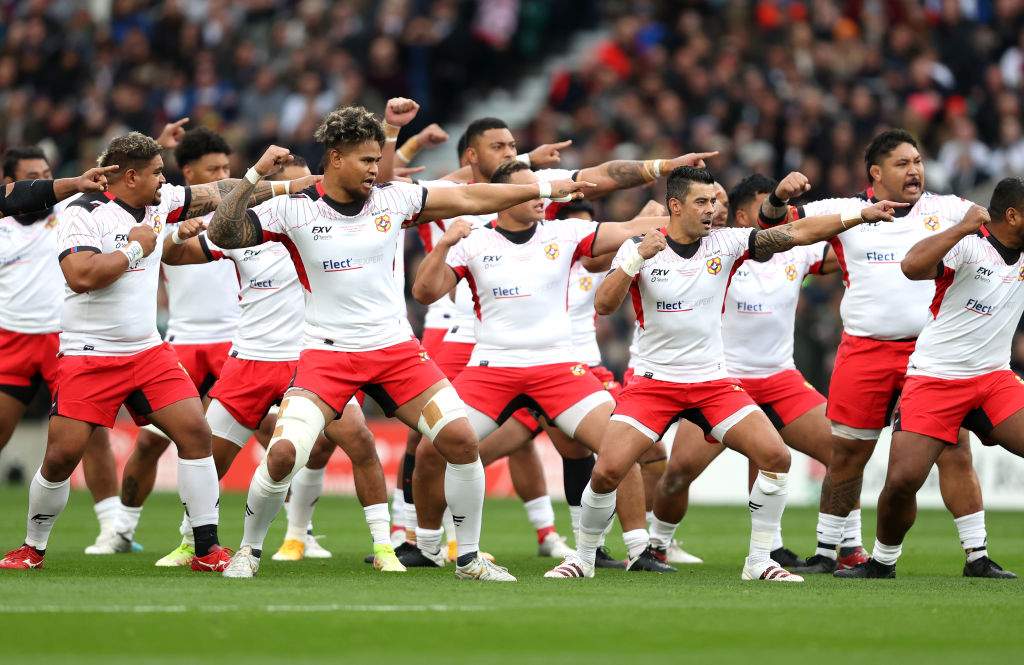International rugby players will soon be allowed to switch allegiances, World Rugby says

From the beginning of next year, rugby players will be allowed to adopt a second international side – assuming they’ve given up playing for the first.
Players will only be able to make the transfer once, and will need to stand-down from their first country for three years before they become available for the second nation.
World Rugby chairman Bill Beaumont said: “Approval of this landmark regulatory change is the culmination of detailed and widespread modelling and consultation across the game.
“We have listened to our membership and players and sought to update the regulation recognising the modern professional rugby environment without compromising the integrity of the international game.
“Any player who wishes to transfer will need to have a close and credible link to their new union, namely birth right or parent or grandparent birth right while meeting strong criteria, including a 36-month stand down period.
“We believe that this is the fairest way to implement progressive change that puts players first while also having the potential to support a growing, increasingly competitive international men’s and women’s game.”
The player must either be born in the country they choose to transfer to or have a parent or grandparent born in that country.
The move marks a huge global shift in policy from World Rugby, who have faced questions of selection eligibility for a long period of time.
Currently the only transfer in place relates to Olympic 7s selection.
World Rugby Vice-Chairman Bernard Laporte added: “We have listened to our membership and honoured our pledge to undertake wide-ranging review of this important regulation.
“We have consulted, sought feedback from our unions, regions and most importantly to players’ representatives, before making a recommendation to the Council.
“This change to how international rugby operates will provide transformational opportunities to players with dual backgrounds, providing they meet the key criteria sets out in the Regulation 8.”
International Rugby Players CEO, Omar Hassanein said:“The proposal to change the rules around player eligibility is something that we have worked on over many years with our member associations.
“Many players across the world will now benefit from the chance to represent the country of their or their ancestors’ birth, serving as a real boost to the competitiveness of emerging nations, which in turn, will benefit the game as a whole.”
World Rugby add that this is a process that recognises the modern form of rugby, where countries can capture players in their youth and limit their game time.
This move will be especially beneficial to tier two rugby nations such as the Pacific Islands and the likes of Portugal and Spain.